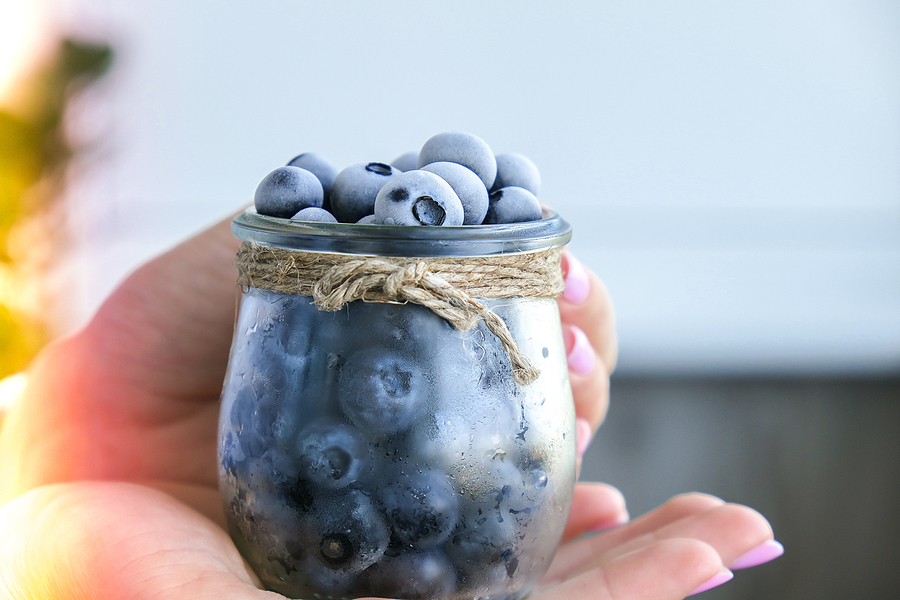High fructose corn syrup was originally developed in the 1970’s in Japan. Over the years we have seen an increasing consumption – In 2004, The American Journal of Clinical Nutrition cites the increase to be 1000% in just 20 years – between 1970 and 1990. Wow!
High fructose corn syrup (HFCS) is a liquid sweetener extracted from corn and then is chemically altered to yield a different balance of monosaccharides (simple sugars) that is found in the glucose (which is a simple sugar) found in corn syrup.
We know that sports drinks, fruit juices and non-diet soft drinks have been sweetened with high fructose corn syrup – it has virtually replaced white sugar as the choice ingredient with many food and beverage manufacturers. This sweetener is also being used in cereals, crackers, ketchup and tomato sauce – it’s beginning to show up in places where we would least expect it.
From the manufacturer’s point of view, HFCS is less expensive to procure and its sweeter than sugar, so less needs to be used to maintain the same level of sweetness.
In small amounts, HFCS will have little impact on your overall health. But in time, and in increasing quantities, HFCS and other processed fructose sugars can affect you. Weight gain, hypertension, type 2 diabetes, high tryglyceride levels and obesity are all growing health concerns. Researchers have been watching the increasing use of HFCS and the increase in obesity in the United States. The researchers noted that “unlike glucose, fructose does not stimulate insulin secretion or enhance leptin production.” Both insulin and leptin act as key signal agents in the regulation of body weight and food intake. HFCS doesn’t trigger our feelings of satiety – and so we may need to eat more to feel the result – and when doing this we also are increasing our caloric intake.
When talking with my patients about a nutritious, well-balanced eating plan, we talk about eliminating processed foods from the diet and eating whole, unprocessed foods. We also talk about reading labels to stay informed about what you are eating.







